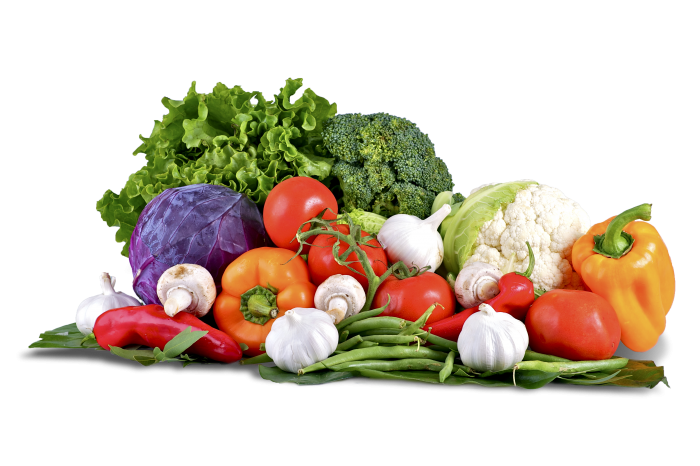There are a great many diets floating around these days, each with some extreme weight-loss claims and an eating regime that involves either cutting something out or adding something totally weird to your normal meal system. However, there is one in particular that currently holds the number 1 slot, according to a panel of medical and diet experts who meet every year to review current diet trends and rank them according to a variety of factors.
The DASH Diet, or Dietary Approaches to Stop Hypertension, is a diet program that wasn’t originally meant for weight loss, but rather to assist in the treatment and prevention of high blood pressure. It is characterized by consuming nutrients that help to lower blood pressure, such as potassium, calcium and magnesium, with the ultimate goal of lowering sodium intake. By definition, it is considered a heart-healthy diet due to its heavy focus on fruits and vegetables, plus its limitation on saturated fat, salt and sugar. However, it does create a calorie deficit due to its emphasis on portion control, which can assist in slimming down that waistline.
The DASH eating plan doesn’t involve cutting out any major food group. It emphasizes a daily diet filled with fruits, vegetables, low-fat dairy, whole grains, fish, poultry, beans and nuts, while limiting sodium, added sugars, red meat and saturated fats. The program helps a person decide what their daily calorie intake needs are based on their level of daily physical activity and charts out exactly how many servings of each type of food they need in a given day. There are even serving sizes and examples listed as well. It also has guidelines that assist with picking out the right kinds of foods, plus steps on how to integrate into the diet. People using this diet plan will have to keep a food log that keeps track of food group servings, plus activity level.
As far as pros and cons involved in the DASH program, one of the major pros is that, according to U.S. News, there are no health risks involved with the diet. It is considered “nutritionally sound.” However, if you have a health condition, check with your doctor prior to starting the diet. It is also well suited for vegetarians, vegans, kosher eaters and those who try to avoid gluten. For the gluten intolerant, just stick to the gluten-free versions of the foods on the eating plans. As far as the kosher aspect, use only kosher ingredients.
Some cons of the eating plan, however, are that there is some grunt work involved in sticking to the eating pattern, plus it is a little pricier than most diets. The root causes for these are because you’ll probably have to cook more and put more prep time into your meals. There are no crazy recipes involved though, just more kitchen time. Also, it is more expensive due to the fact that whole-grain products, fresh fruits and veggies are more expensive than the processed foods that most people tend to consume.
To get started with the DASH diet, the National Heart, Lung and Blood Institute (NHLBI), which assisted in developing the diet, has free guides on the plan. One is long and one is short. It’s all up to how much you want to read. Extensive studies have shown DASH to lower blood pressure, which can reduce the chances of heart disease and stroke. Weight loss is likely, however, it is recommended to exercise in conjunction with the diet in order to adequately lose unwanted weight.
The DASH diet has held the number 1 spot on the U.S. News Best Diets Rankings for 2 years now. It is a balanced diet that is good for both short and long-term weight loss and is optimal for heart health. It is also one of the seven diets that the U.S. News panel of experts deem to be the best. Stay healthy and take charge of your life with good eating habits.























